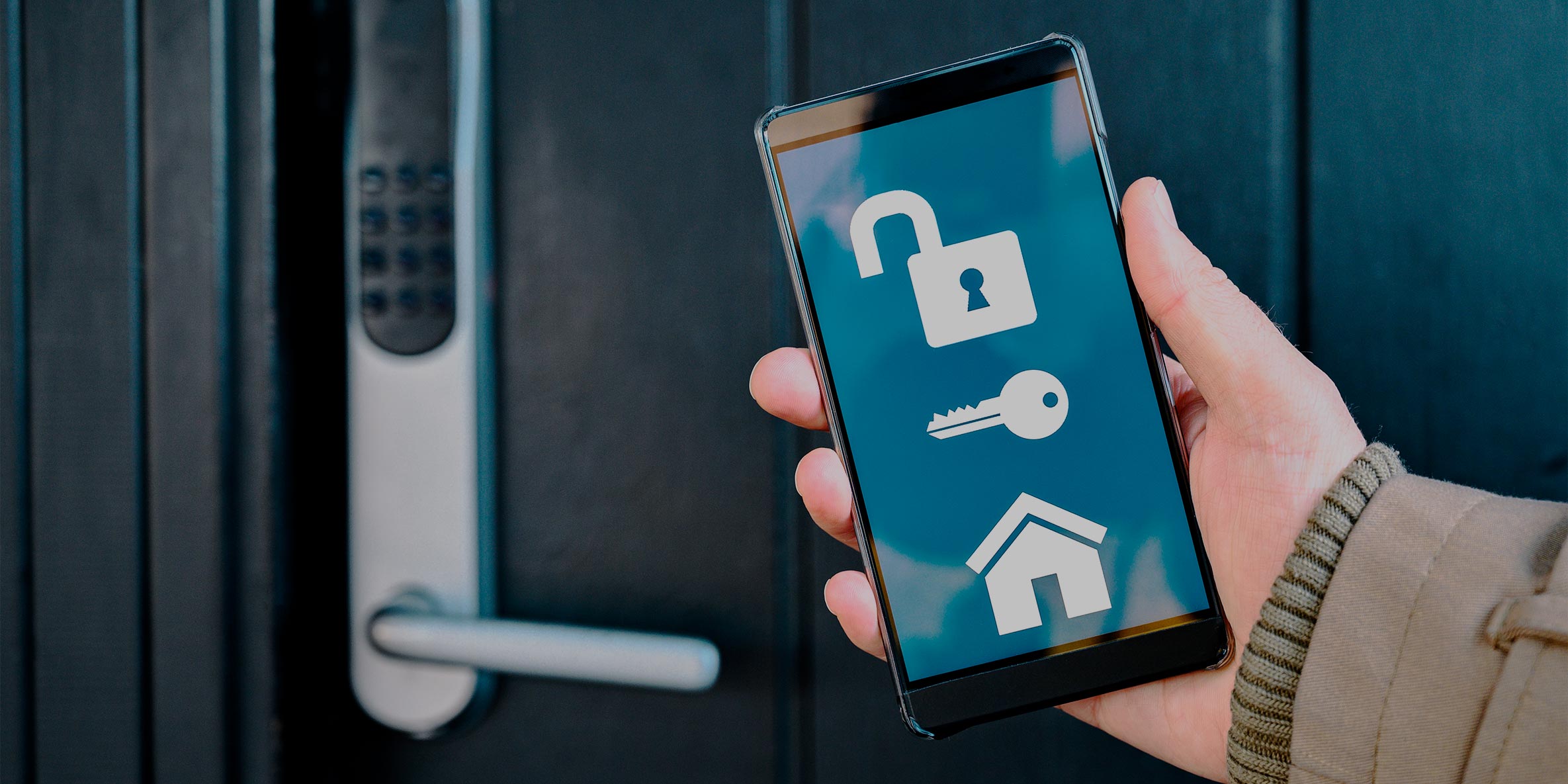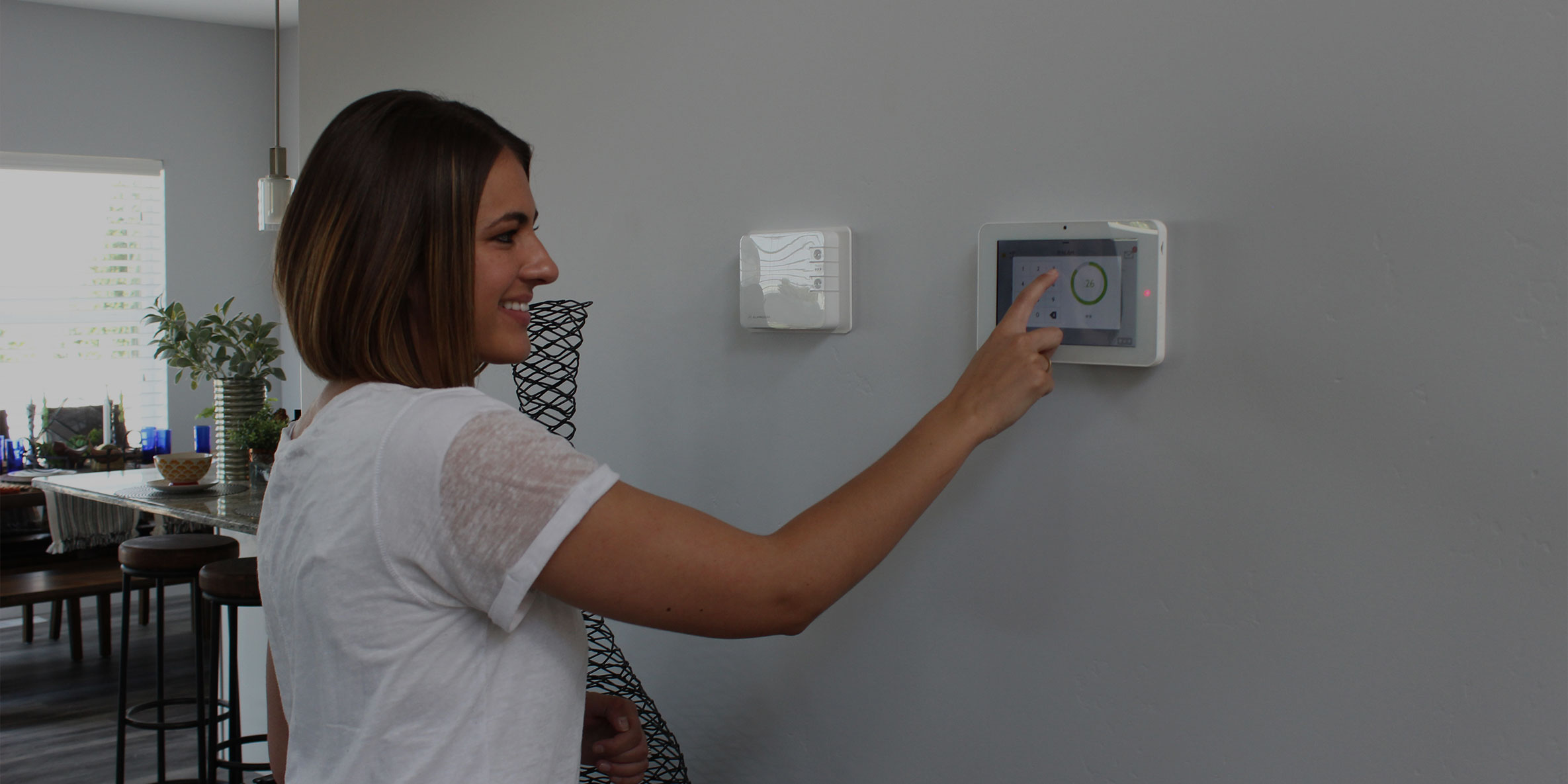This post was originally published on February 9, 2015.
The shrill sound of a continuously beeping security system is enough to drive anyone crazy. A power outage, faulty wiring or bad batteries can all be the culprit behind this nuisance.
Not only can a false alarm be irritating to you and your loved ones, it can also be a danger to your home. To keep your home secure at all times, it’s crucial to have a home security system that is working properly.
Below, we outline a step-by-step guide for appropriately silencing your alarm system. If beeping persists, contact your vendor’s local office for professional service and support.
Step One: Make Sure a Risk Isn’t Present
Check your security panel and other sounding devices (i.e. smoke and carbon monoxide detectors) to ensure that the beeping is not caused by a legitimate risk, such as an intrusion, fire or carbon monoxide leak.
If you think the triggered alarm could have been caused by a serious threat, confirm with your alarm company’s monitoring center or contact with the appropriate authorities immediately.
Step Two: Change Batteries
Check your batteries. Most systems continuously beep to alert you that batteries need to be changed. This is true for both security panels and detectors. Go through your home, and test all batteries associated with your security system using a battery tester. Do this on a regular basis so your home security system is always working properly.
Step Three: Silence the Alarm
If faulty or dead batteries are not the cause, try to silence your alarm. Most standard systems will allow you to stop the beeping using one of the following methods:
- Disarm your system by entering your unique code.
- Arm your system and immediately disarm.
- Press the status button on your keypad.
While this should work in most cases, some security panels require a different approach. If your system does not respond to one of these methods, contact your security vendor for additional support.
Step Four: Check Wiring
If the above has not worked and beeping persists, see if your system’s wiring is corroded. You can do this easily with a voltmeter, a tool used to measure electrical potential. Voltmeters are relatively inexpensive and accessible at your local hardware store.
Do this yourself only if you have electrical experience. If you don't, hire a professional electrician.
Step Five: Contact Your Provider
If these steps don’t yield results, contact your security provider. Quality vendors will troubleshoot with you on the phone or send a technician to assess the problem.
When it comes down to it, your security system is beeping to tell you something—whether it is trying to alert you of danger, corroded wires or faulty batteries it should never go unaddressed.



